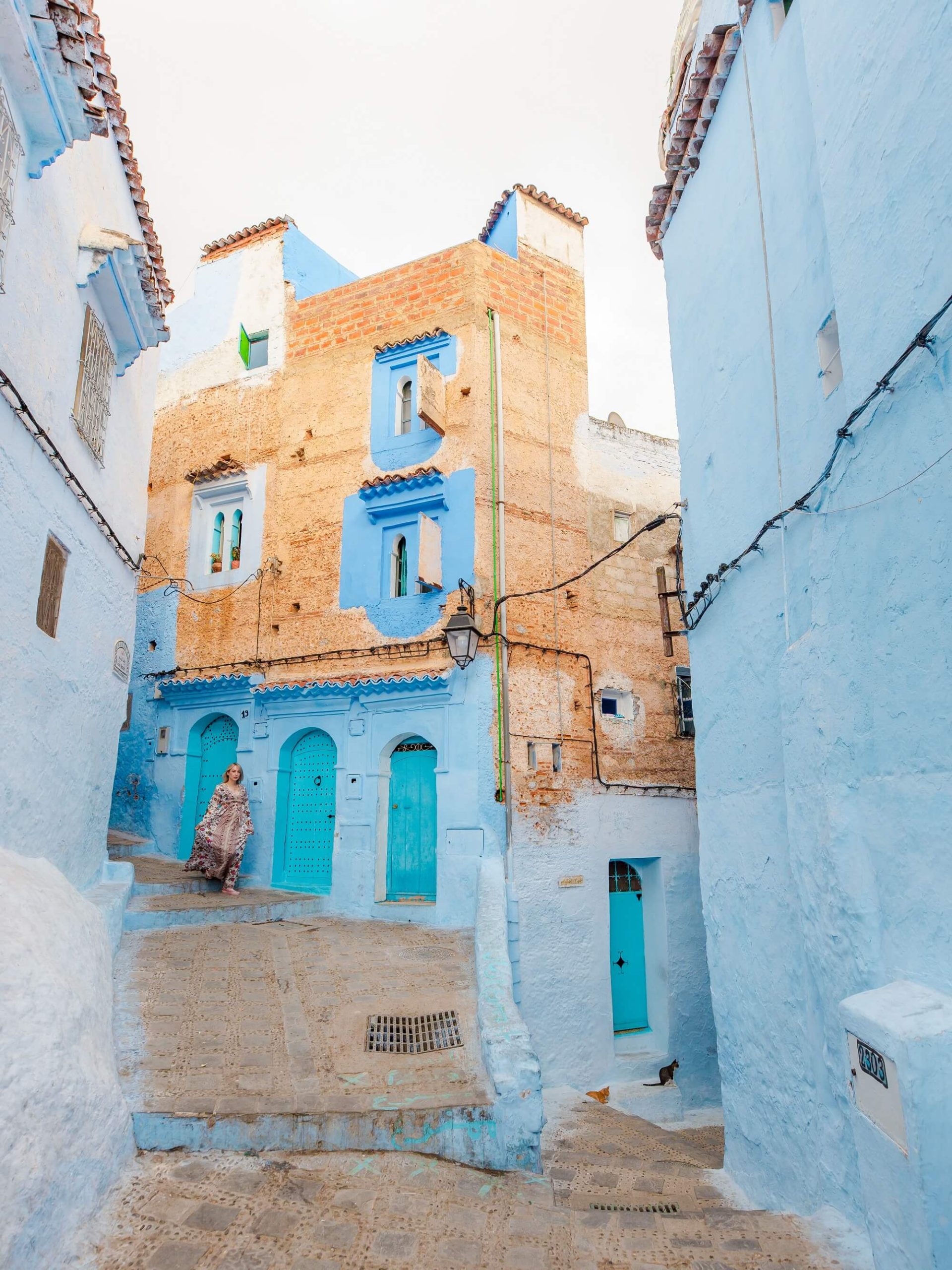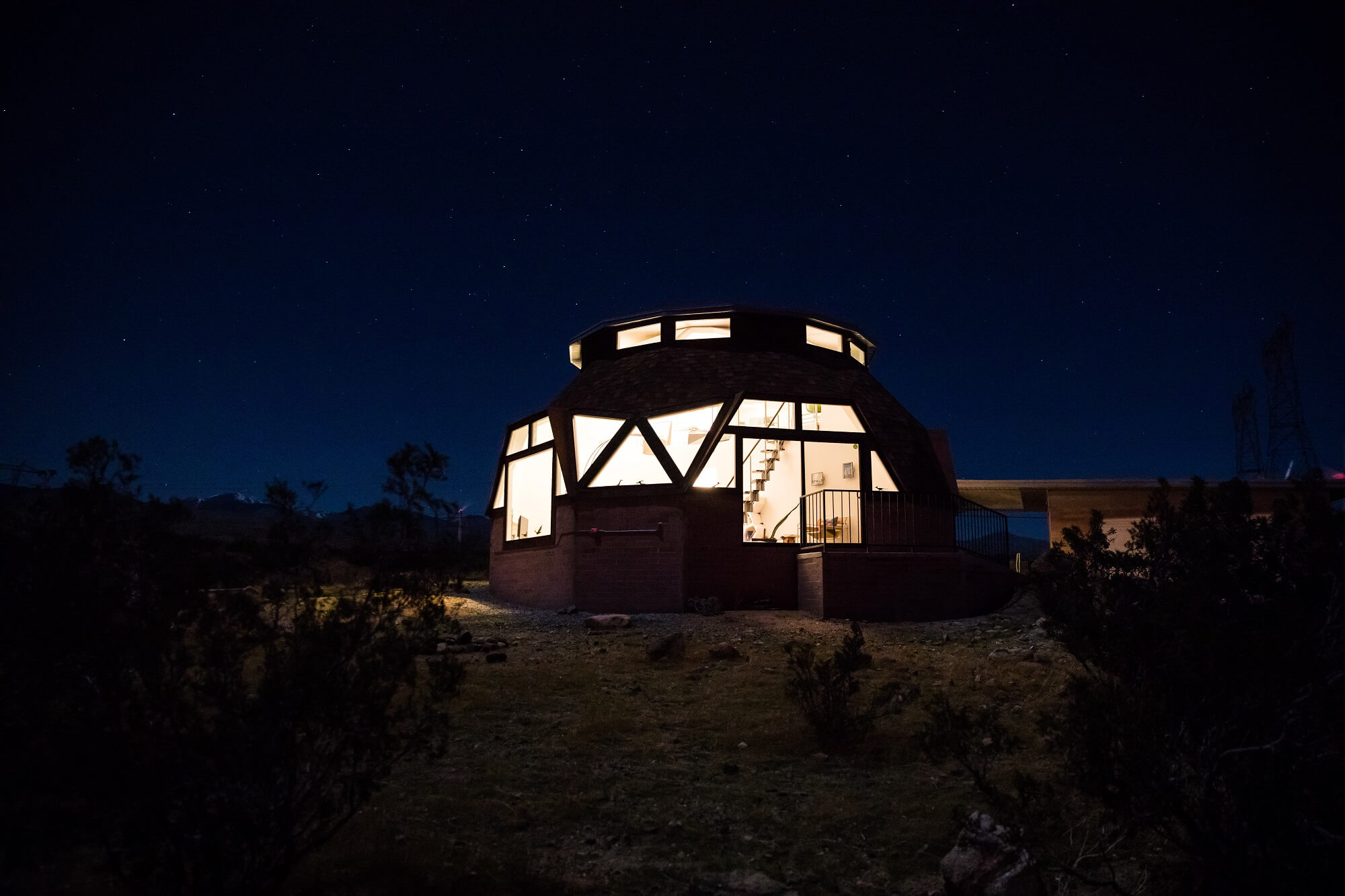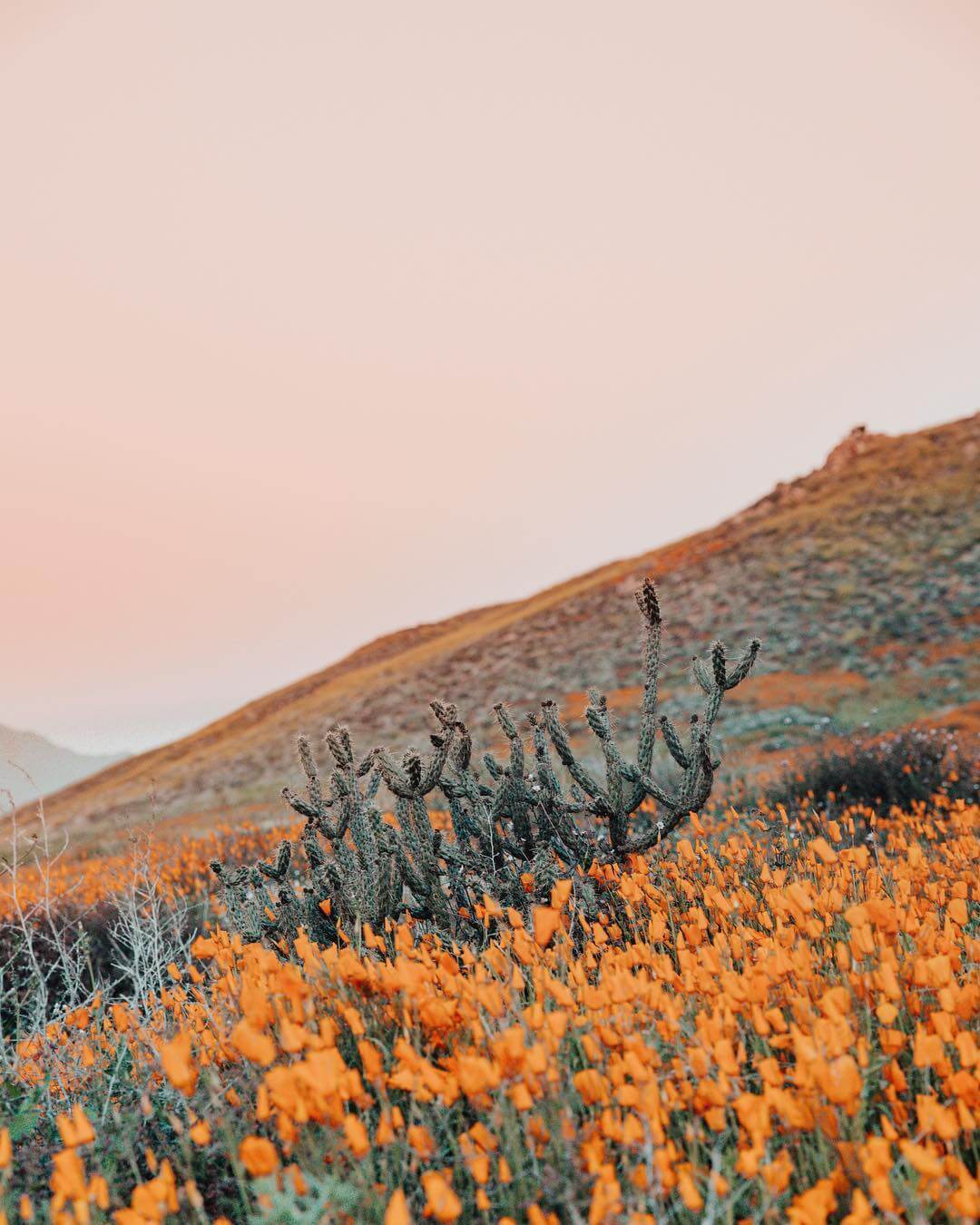
Can travel ever be truly sustainable?
The truth about ayahuasca retreats, eco tours, volunteer programs, and more.
Wellness is a buzzword in the travel industry (to the tune of $563 billion), but in between chatter about far-flung boot camps and carry on-friendly green juices, there’s something that’s often overlooked: sustainability.
With an ever-bleaker climate change outlook and a growing income disparity worldwide, conscious travelers have the opportunity to think about not just their own well-being when they leave home, but of those—and the places—around them as well. At least, that’s Misty Foster’s goal. As the founder of Green Suitcase Travel, she focuses on crafting trips for travelers that are more than just eco-friendly. “[Sustainability] goes from how to keep this plant from dying in this one area to solving poverty and inequality,” she notes.
“There are all of these amazing retreats that are beautiful and let you tap into this inner life—but don’t acknowledge the outer life.”
And, as she sees it, there’s an inextricable link between the natural and spiritual realms. “There are all of these amazing retreats that are beautiful and let you tap into this inner life—but don’t acknowledge the outer life,” she says. “All of you yogis want to be well, but how are you giving back?”
It’s a good question—and while the urge might be to respond by just chucking your suitcase out the window, setting your passport on fire, and never setting foot on an airplane again, injecting your adventuring with a dose of eco-awareness doesn’t have to be intimidating. “It’s all about saying, okay, what you’re doing is not so great in this way, but it is great in that way—and you can do these things while you’re traveling to make a small difference,” explains Foster. “Something is better than nothing, and you can’t fight every fight—no human is equipped to do that!”
Here, in conversation with The Glassy’s Editor-in-Chief Rebecca Willa Davis, Foster gets real about ayahuasca retreats, volunteering programs, and the destinations that are getting it right.

Photo: Courtesy of Misty Foster
On a fundamental level, can travel ever really, truly be sustainable?
No, I don’t think travel is inherently sustainable. “Sustainable travel” is kind of an oxymoron. And it’s something that I grapple with a lot, because on the one hand it makes a huge ecological impact, but for me and a lot of people I know, sustainability is not fully about how we affect the environment. It’s about how you impact an economy. It’s about how you impact the wildlife. There are so many layers to it; eco-friendly travel is only one part of that. Yes, you might be making a bigger impact by taking a plane halfway across the world, but if you go somewhere and become a more compassionate person because of the experience you have and you take that [compassion] home, then is that impact not as important? To me, it is.
I had never thought to look at it that way. Is that a pervasive view in the industry?
There’s a very open dialogue about that. Yeah, we all know this isn’t really perfect, and we still want to try to do it and make a difference—how can we do that so we can set a standard and, moving forward, it can make less of an impact ecologically? The more conversations we have and the more companies that latch onto these ideals, the more widespread it will become.
So it sounds like, while travel can never be 100-percent sustainable, it is possible to make it better. What are some of those easy things people can do to reduce their impact?
It really depends on the person and what they value the most. Some people really value staying in high-end hotels, so to them I say, okay, stay in a high-end hotel, but let’s find you one that’s LEED certified or has some sort of community give-back program where you know they’re actually trying to do something that directly impacts [the local] economy. For some people who don’t know where to start, it might be that you’ve never really taken public transportation while you’ve been on a trip. What would that feel like for you? Would it be uncomfortable? Or a new and exciting experience? Or think about bringing a reusable water bottle versus buying bottles wherever you go.
“Check your intentions; why are you volunteering and how can you in a way where there’s a real exchange and it’s not just a way for you to feel good about yourself?”
What about volunteer trips?
Volunteering is amazing, but despite what people think, there are a lot of programs that are pretty controversial and don’t actually help. There are a lot of orphanages in Southeast Asia and Africa that play into this white savior mentality of, “I’m going to make this big difference!” But if you’re spending just a day with a child, that’s really more about you than that child. There are testimonials from kids in the orphanages who are now grown up who say, “It was really shitty and made me feel like a monkey behind bars.” Check your intentions; why are you volunteering and how can you in a way where there’s a real exchange and it’s not just a way for you to feel good about yourself?
Ayahuasca trips are particularly de rigueur in the wellness world. Within the context of conscious travel, do these types of trips support local culture, economies, and wildlife—or is it a bit exploitative?
I have a dual mentality on these things. On the one hand, yes, tapping the resource of any plant can be problematic, especially if you don’t know the long-term impact on biodiversity. When it’s tied to a cultural ceremony, like ayahuasca, it becomes even harder to set that aside, because you don’t want to tell a culture, hey, what you’re doing is wrong. Ayahuasca existed long before we have and people have been doing it not as a tourist experience, but now it’s kind of become that; how do we let it exist as what it was, what it is, and what it will be? If we’re being honest, there’s not really an answer yet.
I think about this with yoga—my partner has a degree in yogic studies and he talks about how westernized yoga is very, very different from what it originally started off as. Does that mean it’s all bad? No. Does that mean it’s all good? No. It’s in this weird place now, where yoga is amazing and people are getting a lot of benefits doing it, but also it’s been co-opted. One thing that I’ve always grappled with is how something changes. We want to preserve, especially when it’s tied to something super spiritual or cultural or historical, but over time it inevitably changes into something else—and that something else can be just as meaningful.
“Ayahuasca existed long before we have and people have been doing it not as a tourist experience, but now it’s kind of become that; how do we let it exist as what it was, what it is, and what it will be?”
That’s a really interesting way to reframe “conservation”—it sounds like it’s not so cut and dry.
Think about the Colosseum: It wasn’t a great place to start off with but now people flock to it because it’s so interesting; and in another 2,000 years it probably won’t be there. When there’s something that has historical importance but maybe not great roots, how do you honor where it’s coming from and protect it, but also let it evolve? That’s a dialogue I’d love to see more of. The Taj Mahal’s not going to be here forever, Venice isn’t going to be here forever, the pyramids aren’t going to be here forever…how can we preserve them, honor them, and allow them to become whatever they’re going to become? Because you can’t stop the passage of time.
Are there certain destinations that are more sustainable-minded than others?
There are a few places that come to mind, and all for different reasons. Costa Rica has been highlighted in the past few years for their eco-tourism, and they’ve done a really good job of not just bringing tourism in, but including the community and actually giving jobs to people who live there. Norway is one of the happiest places in the world, has an amazing transit system, and everything’s pristine. They do a good job of respecting what has been given to them. Iceland was one of those places but now it’s become such a popular destination that it’s having a hard time keeping up with tourism, so that’s interesting. South Africa has done a great job in the past few years of reevaluating the safari experience and making it about visiting [the animals] in their natural habitat. Singapore is fantastic; it’s this really wonderful cultural hub that’s a true amalgam of people from all across the world, and they do really value sustainability. But it’s also one of the most expensive places in the world, so…. I haven’t traveled to New Zealand yet, but I’m excited to go because I do think they’re doing a lot of cool stuff—they have a ton of greenways and they’ve preserved Maori culture really well and haven’t tried to wipe them out. They have a stake in the game in terms of wanting to be this [place where they’ve ] kept the environment intact as much as possible.
What led you to focus on sustainable travel?
I’ve not had a very traditional journey—but then again, who does? I have a background in theater and film, and I was in New York for 10 years doing that. I got to a point where I didn’t connect to people on the same level because they were talking about life…but not living it. I took a step back and thought, is that what I want to be involved in? I want to be making a difference and exploring the world and not just stepping into these roles. I started traveling more as a way to express that, and it evolved from traveling for fun to traveling because I really wanted to be part of something bigger than myself—and I say that with hesitation because I don’t want to come across as, oh I think I’m going to make a difference in the world; there are very few people who make a huge, huge difference. But if we all collectively make changes here and there, it will snowball. If there’s one thing that you really feel drawn to, and you go at it with all your heart, you spread awareness, and follow with vigor, then you are making a difference.




